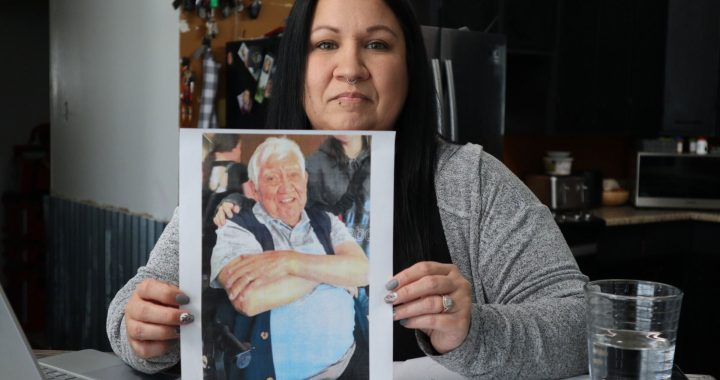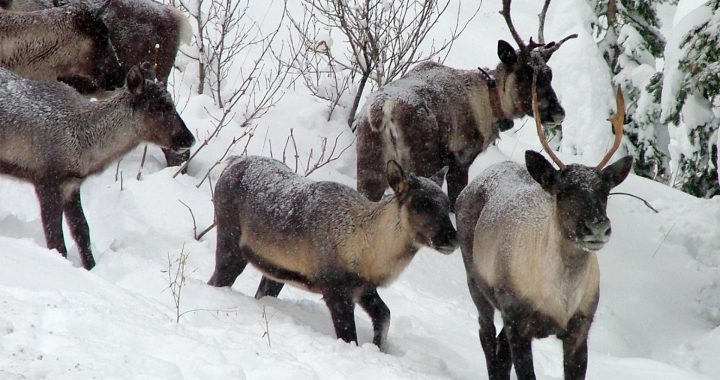It was a global historical event. On April 16, 2000, APTN broadcast the first-ever national Indigenous newscast.
And for 20 years, it has continued, evolved and grown.
Maureen Googoo of kukukwes.com, an independent media outlet serving Mi’kma’ki on the East Coast, was a reporter with APTN National News at the time and had the lead story on the debut newscast.
It was a story about a Mi’Kmaq logger selling for profit from Crown land who was charged criminally. A landmark treaty rights battle ensued that was not well covered by the mainstream media.
It was an important issue at the time but looking back over two decades, Googoo sees how her story was an important part of history.
“APTN had something to do with that, because we were showing up at news conferences and people were wondering, ‘Well, who are these people and what story are they filing?’ But I also think it has a lot to do with Canadian interest with Indigenous news.”
Googoo feels APTN’s presence and The Truth and Reconciliation Commission report were a turning point for Indigenous and non-Indigenous peoples alike.
“I’ve been in this business for over 30 years and I can tell you when we started working and covering news stories for APTN, I mean, monitoring mainstream news about Indigenous people in this region alone in the Atlantic region, I could count maybe 20 to 30 stories that were covered,” Googoo said.
“That’s the entire region. We’re talking Newfoundland, P.E.I., Nova Scotia and New Brunswick. It went from 30 stories a month up to 150 a month. That’s incredible.”
The newscast changed from In Vision – a weekly program – to APTN National News twice daily to a nightly half hour newscast, and along the way added banner programming like APTN Investigates, In Focus, Face to Face, Nation to Nation and Laughing Drum.
Journalist Cheryl McKenzie joined APTN 19 years ago as a reporter, then went on to host news, In Focus and Investigates. She is now executive director of news and current affairs, running the entire news division of APTN.
McKenzie looks back on the two decades with awe and pride, as the network is a multi-award-winning platform for journalists.
“We have new people coming on, straight out of journalism school,” McKenzie said.
“We show them how to file a national news story. They already come with a lot of those skills already they just need some opportunity to put that into practice. So we show them how to do this and they step up and do these news stories then they graduate from school, a job will happen to be open in our newsroom and they apply, then they will get the job.
“So going right out of journalism school right into a national correspondent job. We have provided that space for numerous journalists to bring them into Indigenous news. It’s refreshing to see those new voices coming in and bringing in those new ideas and that APTN is able to provide that space to build our capacity as journalists.”
With nearly two decades under her belt, McKenzie is now in a position to direct the next 20 years and beyond.
“We have to grow digitally. We have to get another newscast, probably into another country,” she said.
“Definitely getting more of our voices out there, especially from our remote communities. We have to get more into the places that aren’t being reached.”











